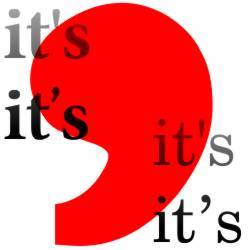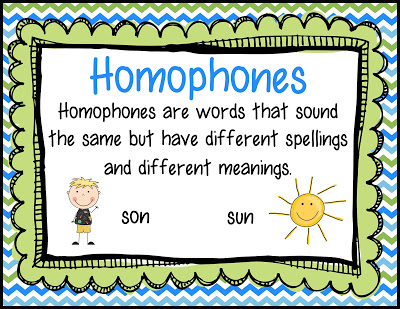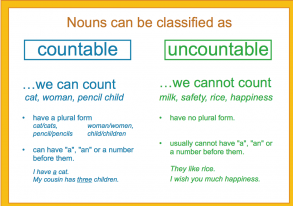Most common Grammar Mistakes in IELTS English
All the students who want to go abroad for higher studies, prepare for IELTS with full efforts. Their aim is to attain the maximum possible level of English language. But some of their mistakes deprive them from getting good scores. When you are preparing for foreign language, you need to learn that language like crazy. Do not miss anything; Eat and catch everything which gives you knowledge of that language. Whether you are writing, reading, listening or speaking try to be accurate at your side. Students mostly perform grammatical mistakes while attempting their IELTS test which lower down their overall grades.
So here, British IELTS would discuss some of the important points to consider to avoid common grammatical mistakes in IELTS English.
- Do not get confused with apostrophe: It is suggested to all the students that they should be very clear with the use of apostrophe. You should learn where to use this apostrophe so as not to lose the marks. Ex: some students use “its” instead of using “it’s”. So, be very cautious about this.

- Proper Use of Comma: Some of the phrases need to be followed by a comma to make a complete sense. These phrases are used as linkers. But students usually do not use these commas properly, while their writing. They do not realize that missing commas will lead to the deduction of marks. Please go through the following phrases used as linkers:
- Educate yourself with Homophones: Many students get confused with these homophones. Homophones are the words with same pronunciation but different meaning and spelling as well. There are numerous homophones but we will show you some of them to make you clear about the term: dear (loved one) / deer (an animal)
band (a contrasting strip) / banned (linked with ban)
- Learn the use of articles: We all have been using these articles since school. Still, sometimes we feel like we are not completely familiar with them. So it is advised that be careful while applying article. Look out carefully what is to be used, if there is countable or uncountable noun. Articles are further divided into two types-definite articles and indefinite articles. Pick them accurately.

- Use of appositives: Smart students make use of appositives to make their information more attractive and concise as well. Appositives are basically nouns or noun phrases used to rename other noun. These appositives are beneficial to add extra information but do not forget to add comma to both sides of this appositives. Example- My brother, with his two children and wife, is going for a party tonight.
- Don’t use comma with every long sentence: You might have seen in many novels that they stretch long sentences without using comma. So it is not always required to use comma in long sentences. Otherwise it would not make sense, Use commas only when and where they fit perfectly.
- Discover Countable and uncountable nouns: Countable nouns are the objects or material or people that can be counted. E.g., apple, book house, Indians. Uncountable noun is the one that cannot be counted in any way. E.g., milk, cream, honesty, peace etc.
- Verbs usage with Countable and uncountable nouns:
 Verbs used with countable nouns are:
Verbs used with countable nouns are:
- Some books,
- Many people,
- Few students,
- Number of toys etc.
Verbs used with uncountable nouns are:
- little milk
- a lot of happiness
- much satisfaction
- amount of water
- Strong your vocabulary: Try to learn as much new words as you can so as to boost your vocabulary. Don’t learn only spellings but also learn its meaning and pronunciation to use it. See whether the word has positive or negative meaning and accordingly, use it while speaking or writing. For example, smart and shrewd has same meaning but smart sounds positive whereas shrewd is used in negative sense. Get more information at How to Improve English Vocabulary for IELTS ?
- Avoid spelling mistakes: To make your writing very dazzling, you may put some catchy words, but be careful while writing. Incorrect spellings may change the meaning of whole sentence. So it is advised to either skip such words where you have confusion or revise them after completing your writing.
Wish, all the above tips can help you to make your writing error free. Grammatical errors are very common but little care can save you. Also read- How To Get 7 + Bands In IELTS? Score high bands with best IELTS Coaching Institute, who prepares you by providing quality training and also tells you some secrets to clear the exams.






